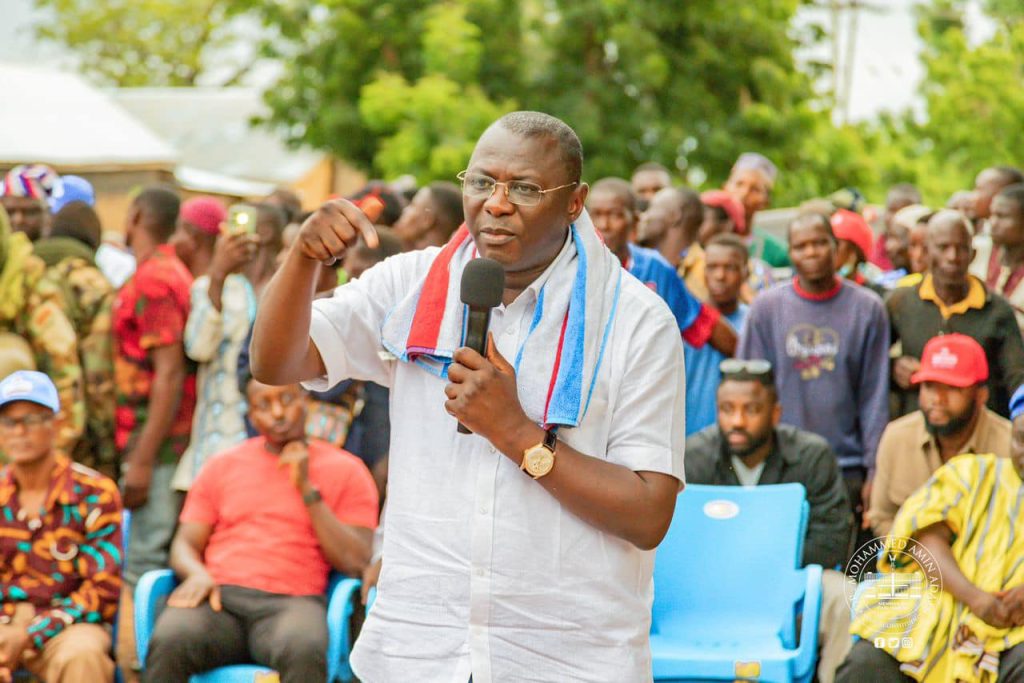The Minority in Parliament has taken a swipe at the government’s handling of the cedi, insisting that despite injecting billions of dollars into the foreign exchange market, the national currency remains weak and unstable.
Addressing journalists on Friday, November 14, former Finance Minister Dr. Amin Adam said the scale of forex interventions should have produced far stronger results.
“With the significant billions of dollars of interventions, we expected the rate to be at GH₵8 to a dollar,” he said. “The market’s muted response reveals a sophisticated understanding that currency strength cannot be purchased; it must be earned through sound economic fundamentals.”
‘Short-term fixes, not structural solutions’
Dr. Adam accused the government of prioritising temporary market interventions over fixing deep-rooted economic challenges such as low productivity, a narrow export base, and weak forex inflows.
He contrasted the current approach with the disciplined IMF-backed programme under the previous NPP administration, noting that forex interventions were capped to prevent reckless spending.
“During the NPP administration, the IMF restricted the Bank of Ghana from intervening heavily in the forex market. The intervention budget was fixed at US$80 million per month, even though international reserves exceeded IMF requirements. By the end of 2024, reserves stood at almost US$9 billion,” he explained.
According to him, the cedi’s recent performance is primarily due to the robust reserve position inherited by the current government.
“The new Bank of Ghana management and the government began injecting massive sums of forex into the market from reserves they inherited. The performance of the cedi is therefore not by any magic or policy intervention; it is due to the hard work under the NPP administration.”
US$8bn injected into the market
The Minority estimates that the Bank of Ghana has pumped approximately US$8 billion into the market since January, bringing the rate down from GH₵14 to about GH₵11 per dollar.
However, Dr. Adam says the gains are “disappointingly modest and fundamentally unsustainable.”
He criticised the government’s “propaganda management” of the economy and accused officials of misleading Ghanaians by using the November 2024 exchange rate as a baseline for comparison.
“Merely repeating an untruth does not make it the truth,” he argued.
Reserves under pressure
The Minority warned that continuous large-scale interventions are rapidly depleting international reserves, leaving the economy vulnerable.
“These resources have been squandered on temporary cosmetic improvements that will inevitably reverse once intervention capacity is exhausted,” Dr. Adam added.
New IMF-backed framework welcomed
He noted that the Bank of Ghana has now adopted a new IMF-aligned intervention framework, implicitly admitting that earlier actions were “non-transparent and unsustainable.”
Dr. Adam welcomed the shift, saying the central bank must now intervene “in a measured and transparent manner,” which he described as the prudent path needed to restore long-term stability.

